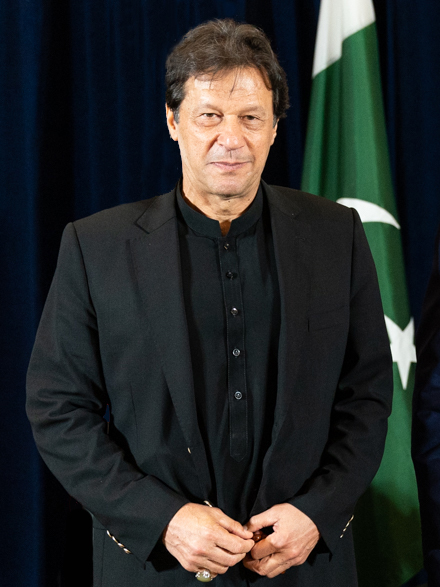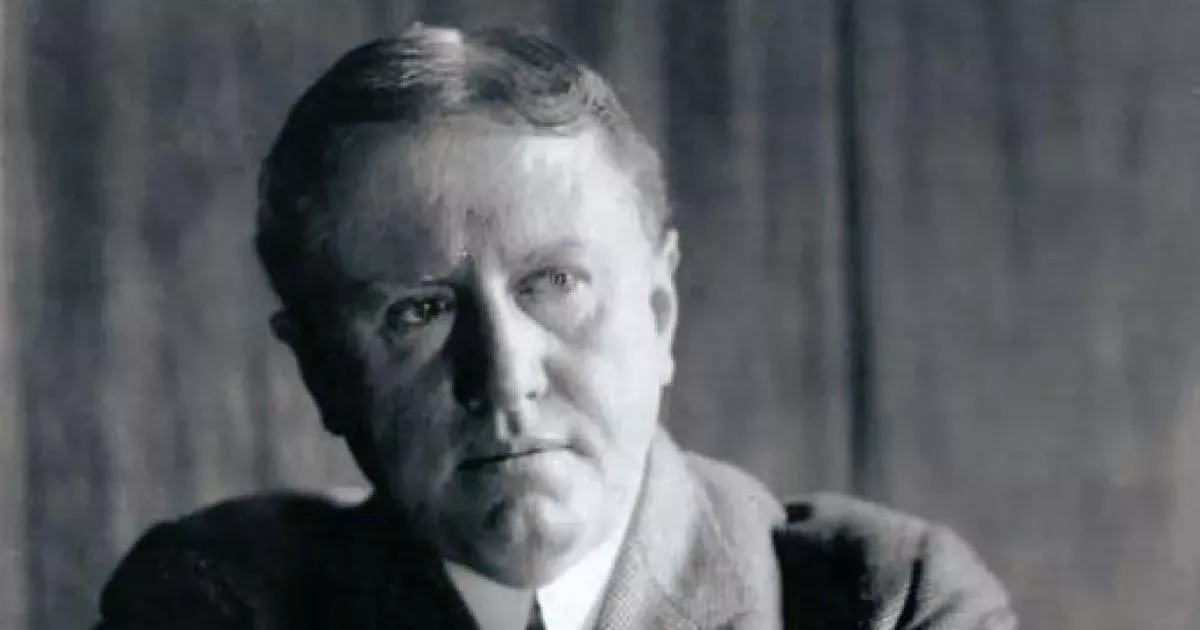The term "banana republic," coined by O. Henry in 1904, refers to politically and economically volatile countries heavily reliant on exporting natural resources. Often used pejoratively, it describes nations like Guatemala and Honduras, historically exploited by corporations like the United Fruit Company. These countries typically exhibit sharp social stratification, with a small, wealthy elite controlling the economy and exploiting a large, impoverished workforce. The term highlights the corrupt relationship between the ruling class and corporations, where the former facilitates exploitation for personal gain.
1904: O. Henry Coins "Banana Republic"
In 1904, American author O. Henry coined the term "banana republic" to criticize the political and economic situations of Guatemala and Honduras, which were under exploitation by U.S. corporations like the United Fruit Company.
1904: "Cabbages and Kings" Published
Inspired by his time in Honduras, O. Henry published "Cabbages and Kings" in 1904, featuring the fictional "banana republic" of Anchuria. This further solidified the term's association with corporate exploitation and political instability.
1904: Manuel Bonilla's First Presidency
This entry mentions that Manuel Bonilla served as the president of Honduras from 1904 to 1907.
1907: Miguel R. Dávila's Presidency Begins and Ends
This entry mentions that Miguel R. Dávila served as the president of Honduras. His presidency began in 1907 and ended in 1911 when he was overthrown in a coup orchestrated by business interests.
1907: Manuel Bonilla's First Presidency Ends
This entry notes that Manuel Bonilla's first term as the president of Honduras ended in 1907.
1910: Zemurray Acquires Land in Honduras
In 1910, Sam Zemurray, an American businessman who would later play a key role in shaping the "banana republic" stereotype, purchased a large tract of land in Honduras for his Cuyamel Fruit Company.
1910: O. Henry's Passing
O. Henry, the writer who coined the term "banana republic," passed away in 1910.
1911: Coup in Honduras Backed by Cuyamel Fruit Company
In 1911, Sam Zemurray, along with ex-Honduran president Manuel Bonilla and mercenary Lee Christmas, orchestrated a coup to overthrow the Honduran government, installing a regime favorable to his business interests.
1911: Miguel R. Dávila's Presidency Ends
This entry notes that Miguel R. Dávila's presidency ended in 1911 after a coup d'état backed by the Cuyamel Fruit Company.
1912: Manuel Bonilla's Second Presidency Begins
Following the coup in 1911, Manuel Bonilla was installed as president of Honduras, marking the beginning of his second term.
1913: Manuel Bonilla's Second Presidency Ends
This entry states that Manuel Bonilla's second term as the president of Honduras ended in 1913.
1928: Banana Massacre
The Banana Massacre, a violent incident in 1928 involving the deaths of striking workers on Colombian banana plantations, exposed the brutal oppression faced by laborers under the control of foreign corporations.
1967: One Hundred Years of Solitude Publication
Gabriel García Márquez published his novel "One Hundred Years of Solitude" in 1967, which critiques the exploitative practices of foreign fruit companies in South America, drawing parallels to the real-life Banana Massacre of 1928.
May 1986: Australia's Potential Future
In May 1986, Paul Keating, the Australian Treasurer at the time, made the controversial statement that Australia risked becoming a "banana republic". This remark ignited discussions about the country's economic and political trajectory.
July 2018: Britain as a "Banana Republic"
In July 2018, a Spanish correspondent controversially tweeted about Britain being a "banana republic" due to a combination of political events, such as resignations from Boris Johnson's Cabinet, alongside more lighthearted aspects like favorable weather and football success. This sparked debate about the country's political climate.
March 2023: Pakistan's State Decried
Imran Khan, the former prime minister of Pakistan and Chairman of PTI, declared in March 2023 that Pakistan had descended into a "banana republic", reflecting his criticism of the country's political situation.
Mentioned in this timeline

Boris Johnson a British politician and writer served as Prime...

Christmas is an annual festival celebrated on December th commemorating...
Australia officially the Commonwealth of Australia encompasses the Australian mainland...

Football is a family of team sports primarily involving kicking...
Pakistan officially the Islamic Republic of Pakistan is a South...

Imran Ahmed Khan Niazi is a prominent Pakistani figure known...
Trending

7 months ago Paula Badosa faces tough match against Eva Lys at WTA Berlin 2025.
7 months ago Popyrin Faces Draper at Queen's Club Amidst Murray Flashbacks and Tournament Predictions.

7 months ago Aaron Gordon's Clutch Performances Drive Denver Nuggets' Playoff Success and Fan Acclaim.

8 months ago Browns QBs Gabriel and Sanders compete amidst scrutiny; Sanders aims to prove himself.

Luke Kennard is a professional basketball player currently playing for the Memphis Grizzlies in the NBA He played college basketball...
2 months ago Judd Apatow's daughter's expletive notes, Henson's advice, and Apatow's Ayahuasca experience revealed.
Popular

Carson Beck is an American college football quarterback currently playing...
Curt Cignetti is an American college football coach currently the...

XXXTentacion born Jahseh Dwayne Ricardo Onfroy was a controversial yet...
WWE Raw a professional wrestling television program by WWE airs...

Stranger Things created by the Duffer Brothers is a popular...

Kristi Noem is an American politician who has served as...
